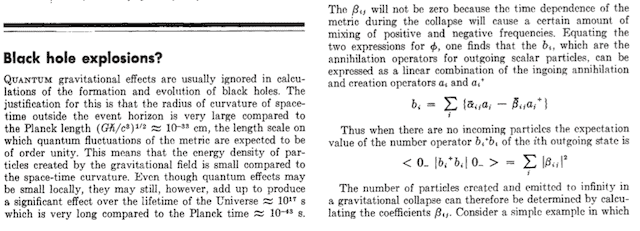
A Social Transition
Last week, I wrote a blog post emphasizing the distinction between the social internet and social media. The former describes the internet’s ability to enable connection, learning, and expression. The latter describes the attempt of a small number of large companies to monetize these capabilities inside walled-garden, monopoly platforms.
My argument is that you can embrace the social internet without having to become a “gadget” inside the algorithmic attention economy machinations of the social media conglomerates. As noted previously, I think this is the right answer for those who are fed up with the dehumanizing aspects of social media, but are reluctant to give up altogether on the potential of the internet to bring people together.
The key follow up question, of course, is how to fruitfully engage with the social internet outside the convenient confines of social media. In my last post I pointed toward one possibility: the development of open social protocols that support the network effect usefulness of large social networks without a centralized company in charge.
This solution, however, requires that you wait for others to make progress on a somewhat complicated technological agenda.
In this post, I want to discuss two additional approaches that individuals can put in place right now to begin their transition from social media to the social internet.
The first approach provides an intermediate step — a way to minimize the worst effects of social media without fully leaving its ecosystem. The second approach describes a more severe separation.
Read more







